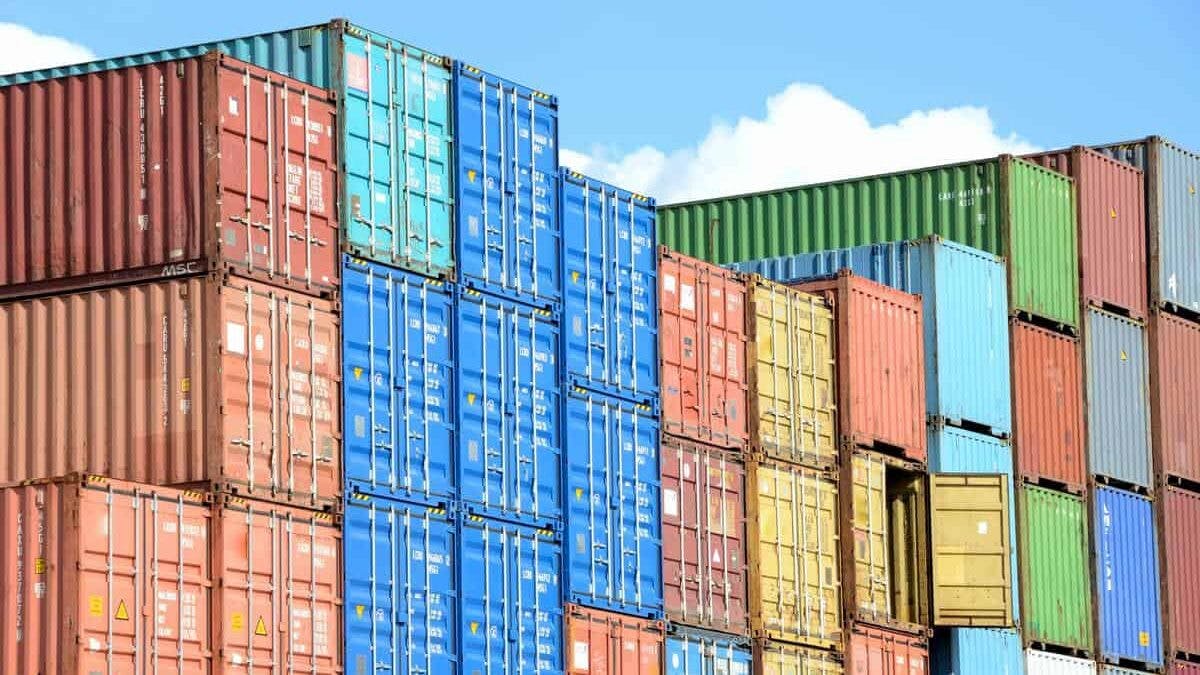B2B e-commerce technology has a key role to play in making sales teams more personable and operations more profitable, writes Marcus McNamara, Head of APAC, Sana Commerce.
In business, we’re often exposed to aphorisms like ‘our people are our greatest asset’. Over the years, there’s been open debate on the extent to which the actions of organisations demonstrate this to be the case. Certainly, some industries treat people as far more valuable assets than others.
People still play a central role in B2B selling, despite more of this activity moving online.
Relationships matter. We know that 84% of business buyers favour a supplier they have a relationship with, even if they can get more preferential terms elsewhere. So while e-commerce is now the number one way to buy in B2B spheres – driving as much revenue as in-person sales – B2B buyers still use relationships as the primary determining factor on who they spend with in the digital age.
But e-commerce is only one part of the end-to-end process that gets products from sellers into the hands of B2B buyers. Supply chain logistics is also a crucial element, and one with recurring issues that have been exacerbated over the past two years.
Turbulent supply chains fuel uncertainty in staffing and shipment
Supply chains generally have been severely disrupted, and operators put under pressure to scale quickly to meet huge growth and maintain existing customer expectations.
What’s happening at present, though, is that some B2B buyers are paying for the inability of parts of the supply chain, that they rely on to source products, to appropriately value the people that hold (or held) these operations together.
Lack of recognition of the value of people in supply chain processes was on full display when staff were cut as a knee-jerk reaction to the onset of the pandemic in early 2020, only to be asked to re-join months later when the e-commerce surge started.
Parts of the sector still remain critically understaffed and struggling to return to those pre-2020 staffing levels, let alone increase their staffing to meet higher order and shipment volumes.
The good news is that the industry has broadly sat up and taken notice. Fewer organisations now take their workforces for granted, and there’s now a clearer focus on prioritising people in supply chain operations.
There’s also a growing realisation of the role that technology can play in enabling and sustaining a people-first, relationship-led B2B sales and fulfilment culture.
A people first strategy
What’s clear is that people in the B2B buying and selling world need access to systems and data to streamline the sale and delivery of goods, reduce duplicated overheads, and free up time that can be better spent focused on the customer and their specific needs.
Sellers and logistics operators need ways to maintain a healthy and productive workforce in support of ‘new normal’ operating conditions. Part of putting people first is improved workforce planning, which may require system investment.
Successful organisations in this space are ones that, first and foremost, have the people to run their operations. It’s no coincidence that well-staffed organisations are also best placed to take on additional strategic initiatives such as implementing or enhancing an e-commerce strategy or making process improvements that streamline the end-to-end experience for B2B buyers.
Better visibility, better dividends
While more B2B sales are being driven online, there are still many sellers that do not have the kind of specialised B2B e-commerce capability that could really improve the online experience of buyers, while freeing up valuable time for sellers to work on and maintain these buyer relationships.
A big way to improve these relationships would be to offer better visibility into inventory and capacity to fulfil orders.
Data is crucial to recognising the onset of changes that could have considerable flow-on impacts, such as a sudden change in a seller’s ability to meet demand. It needs to be available to buyers that self-serve online, but also put into the hands of a seller’s sales team or relationship managers.
If the sales team is kept in the dark on logistics challenges, they’re not going to be able to effectively manage their relationships with buyers.
Automating systems, a win for your customers and your employees
The risk is that a buyer who is not aware of a change might place a regular order expecting product to be on their doorstep the next day only to find out after placing the order that there’s a problem. It will almost certainly impact their loyalty. Lapses in this day and age are often punished; buyers may be inclined to vote with their wallet and move to a supplier with better systems, operational visibility and a reputation for two-way communication.
On the other hand, involving sales in current challenges, giving them access to real-time data and encouraging them to be proactive in communicating with buyers, will only serve to strengthen and cement existing relationships.
To further enable sales teams to devote their time to proactive relationship-building and open lines of communication, sellers should also reduce administrative burdens for these teams.
Manual processes or data entry, dealing with account-related inquiries like missing invoices or chasing up a refund or return – all of that needs to be taken out of sales’ hands, and preferably offered online in a self-serve capability. The best way to do that is to automate the ordering process with e-commerce, so that sales can focus on growing their relationships, thereby keeping the business people-focused and profitable.
Keep up to date with our stories on LinkedIn, Twitter, Facebook and Instagram.

